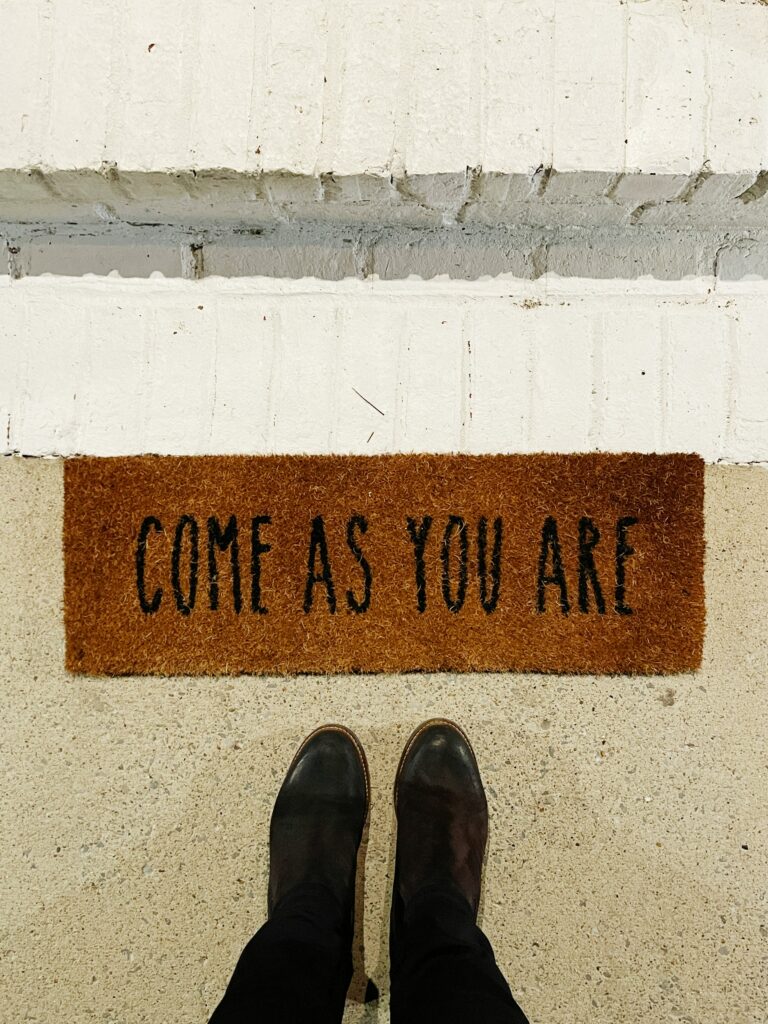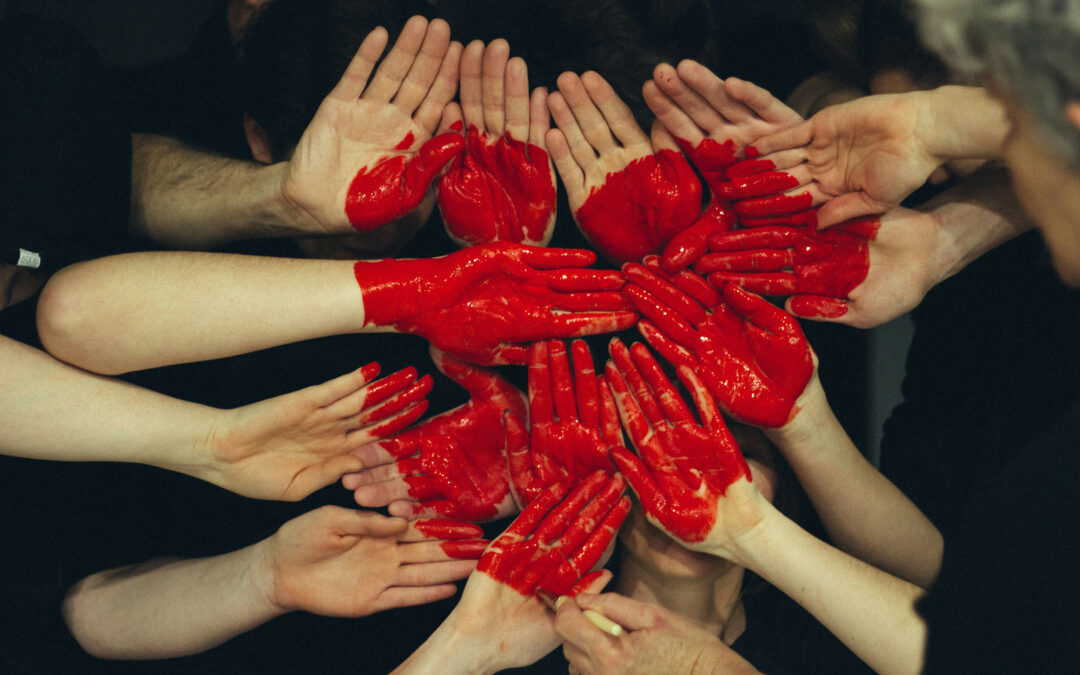In the concluding part of our series examining the evolution of the temple recommend process, we explore concepts that, although present in the Church of Jesus Christ of Latter-Day Saints, resonate across a wide array of religious and secular institutions. We delve into the nature of purity testing and its effects, the significance of participating in organizations and rituals bound by oaths, and the ways in which these practices can be reformed to foster a more positive engagement with notions of morality. Additionally, we consider the implications of unwavering loyalty, especially when it conflicts with personal integrity, and discuss strategies for enhancing the current emphasis on loyalty to align better with individual authenticity and self-respect.
Purity Testing
Purity testing, both in historical and contemporary contexts, often invokes a complex web of ethical and philosophical debates. Central to these discussions is the practice’s focus on evaluating individuals based on their moral and spiritual purity, typically in relation to personal behaviors, beliefs, and adherence to the cultural or religious norms of their communities. This scrutiny is particularly pronounced in areas concerning sexuality, where expectations of chastity and moral conduct are frequently emphasized.
Critics of purity testing highlight several profound concerns regarding the practice’s impact on individuals and communities. One of the primary criticisms lies in the potential for purity testing to cultivate an atmosphere of exclusion, shame, and anxiety. As individuals strive to align with what are often presented as non-negotiable standards of conduct, they may experience significant psychological distress. This distress can stem from the fear of judgment or ostracization for failing to meet these arbitrary benchmarks, which may not take into account the complexities and nuances of human behavior and ethical reasoning.
Spiritual and Emotional Harm
Moreover, the binary approach inherent in many forms of purity testing—categorizing actions, thoughts, and individuals as purely “clean” or “unclean,” “pure” or “impure”—can significantly undermine healthy spiritual and emotional development. Rather than encouraging a comprehensive understanding of morality that acknowledges human imperfection and the potential for growth, this dichotomy can foster an environment rife with judgment and fear. Such an atmosphere may detrimentally affect individuals’ interpersonal relationships and self-esteem as they navigate the tension between their personal experiences and the expectations imposed upon them.

Ditch Rigidity, Embrace Diversity
The ongoing debate around purity testing underscores a critical need for a shift in perspective. Advocates for change argue for a move away from rigid, simplistic assessments of purity towards a more nuanced, compassionate approach that appreciates the moral complexity of human experience. This approach would recognize the diversity of individual journeys, encouraging broader acceptance of different life paths and the myriad ways in which people navigate their moral and spiritual landscapes.
In essence, the challenge lies in transitioning from a framework that prioritizes conformity and exclusion to one that embraces the richness of human diversity and the inherent value of every individual’s experience. Such a transition necessitates a profound reevaluation of the ethical foundations upon which communities build their understanding of purity, morality, and belonging.
Competing Oath-Bound Organizations
The exploration of historical narratives surrounding competing oath-bound organizations reveals a complex interplay of loyalty, secrecy, and identity. These organizations, which range from labor unions and fraternal lodges to esoteric societies like Freemasonry, have long been integral to various religious and cultural landscapes. They are characterized by their commitment to solemn promises and, often, secretive rituals that cement a bond among members. However, these practices have frequently drawn scrutiny and suspicion from larger, more dominant institutions that prioritize undivided allegiance.
Individual Autonomy
This dynamic of suspicion and competition illuminates a broader societal struggle over the allegiance of individuals. Institutions demanding singular commitment view the secretive and oath-bound nature of such organizations with concern, fearing that members’ loyalties may be divided or that these groups may harbor agendas counter to the institution’s values or control. This tension highlights not just a rivalry for members’ time and dedication but also raises profound ethical questions regarding individual autonomy and the freedom of association.
Furthermore, the narratives around these organizations touch on the delicate balance between personal beliefs and institutional mandates. They prompt discourse on how affiliations with oath-bound organizations can both shape and reflect communal values, potentially supporting or undermining the fabric of the community. These affiliations can offer individuals a sense of identity and belonging, yet they also pose challenges in navigating multiple identities within the broader social landscape.
Secret or Sacred?
The history of these organizations invites a reevaluation of the roles they play within society. It beckons a deeper understanding of how individuals reconcile their personal beliefs and loyalties with those demanded by dominant institutions. This discourse also examines the impact of secrecy and oath-bound commitments on communal trust and cohesion, questioning whether such characteristics necessarily conflict with the ideals of transparency and accountability valued in public life.
In essence, the historical narrative around competing oath-bound organizations opens up a rich vein of inquiry into the nature of loyalty, the limits of secrecy, and the ongoing negotiation between personal freedom and communal responsibility. It underscores the need for a nuanced understanding of how individuals and groups navigate the complex terrain of identity, belief, and allegiance in their pursuit of meaning and belonging within their communities.

Reimagining a Process Based on Love and Welcoming
Reimagining the temple recommendation process as fundamentally rooted in principles of love and acceptance presents a transformative vision for spiritual communities marked by inclusivity and compassion. This radical shift away from exclusionary practices would instead welcome every individual with open arms, recognizing and honoring the inherent worth and dignity present in everyone. By doing so, the focus of spiritual evaluation would pivot significantly.
Rather than enforcing rigid, one-size-fits-all standards of conduct and belief, this reenvisioned approach would place paramount importance on personal revelation and spiritual growth. It suggests a move towards a more individualized and dynamic understanding of spirituality, where the nuances of personal experience and the complexities of individual faith journeys are valued and respected.
Deepening Connection to the Divine
Congregants would be encouraged to engage with their spiritual paths with honesty and love, creating a sanctuary where openness and vulnerability are not only accepted but celebrated. This environment would actively work to dismantle the barriers of fear, judgment, and rejection that often alienate individuals from their communities and from deeper engagement with their own spiritual lives.
By centering love in its assessment of worthiness, this model proposes an expansive redefinition of what it means to be spiritually ‘fit.’ It suggests that worthiness should not be an exclusive status achieved by a select few but a universal quality accessible to all who seek spiritual fulfillment and connection.
A More Cohesive and Compassionate Whole
Ultimately, adopting a love-based model for spiritual assessment and community building would make sacred spaces more accessible to a wider range of seekers. It would cultivate a nurturing environment that supports the spiritual evolution of all its members, facilitating a collective journey toward understanding, acceptance, and unconditional love. This approach not only broadens the spiritual horizon for individuals but also enriches the collective fabric of the community, weaving together diverse strands of belief and experience into a more cohesive and compassionate whole.

